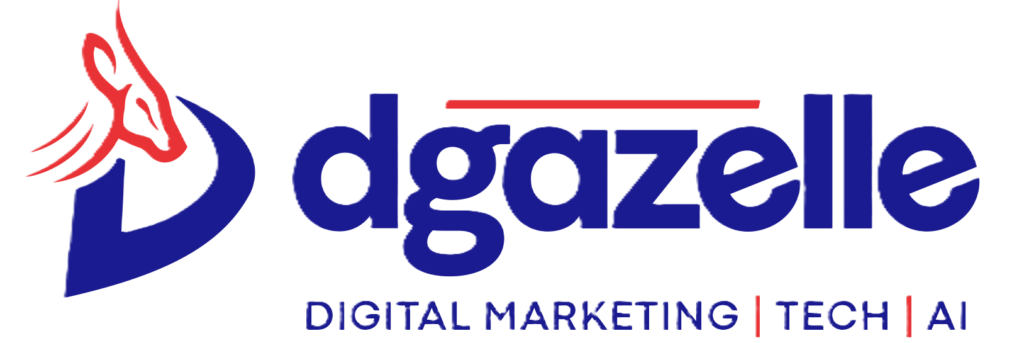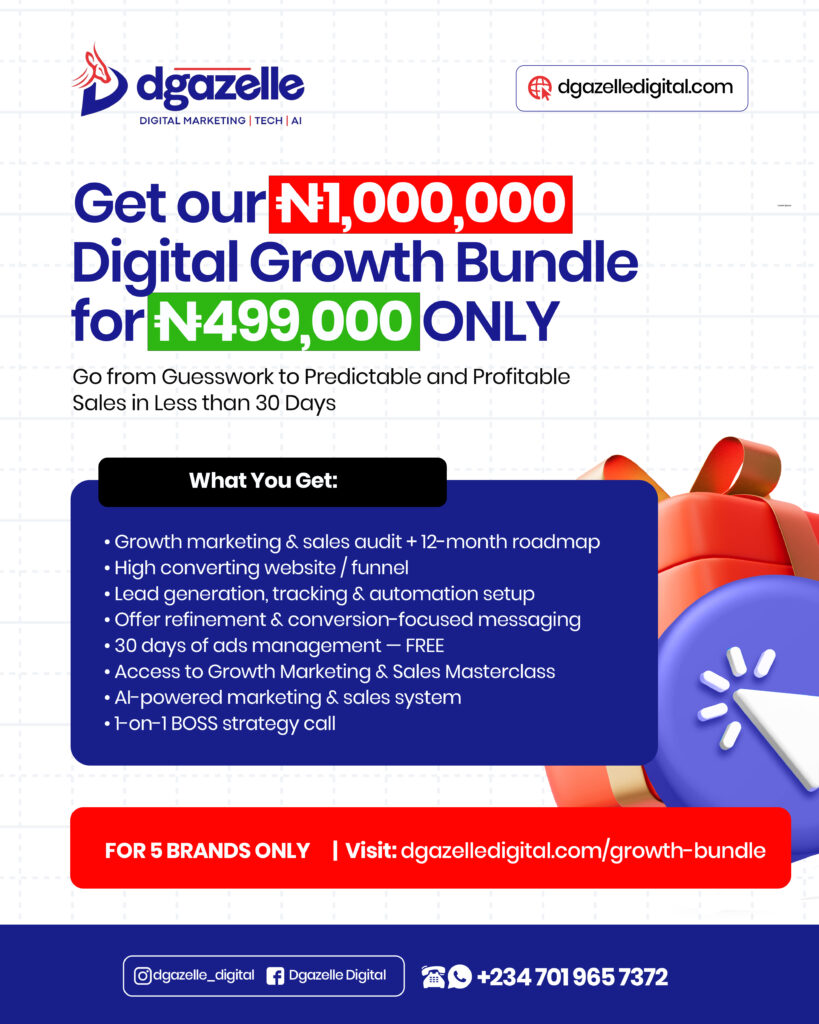In earlier times, advertising was mostly about competing with competitors’ products; advertisements in newspapers or magazines were frequently little more than lengthy justifications for why consumers should choose Brand X’s goods over Brand Y’s.
But advertising changed along with the marketplace. It was during the Mad Men era of the 1960s and 1970s that marketers realized developing a brand, and particularly a brand that emotionally connected with consumers, was more important to sales success than simply advertising a product.
Brand and emotions
Research has repeatedly shown that consumers make decisions about what to buy based on a combination of rational and emotional elements, with the latter typically playing a disproportionately large influence. These products can range from simple household soap to soda, cars, computers, and even consulting services.
At Dgazelle, our team has often witnessed how addressing those emotions is crucial to creating a brand that resonates, attracting and retaining customers.
While distinguishing one product from another is vital, it is not as vital as creating an emotional response that makes consumers believe that the solution you are presenting is one they can immediately relate to, trust, and will make them feel better about themselves when they purchase.
That is how businesses such as Pepsi and Coke compete. But tech giants like Apple, IBM, and Microsoft also use it as their strategic brand marketing playbook.
A long-lasting brand is one that continuously use all of the business marketing resources at its disposal, including messaging, language, graphic design, color palette, illustrations, pictures, icons, typography, packaging, and location, to help the customer recognize it right away.
To begin, develop, and maintain the crucial emotional connection that propels sales, you need a strong brand.
Strengthening Brand Resonance in a Digital Age through Strategic Brand Communication
Our marketing advisors frequently help customers who want to modify their brands to fit into the modern digital marketing tactics by developing their brand identities.
The abundance of advertisements on your clients’ smartphones, tablets, and PCs makes it increasingly difficult to improve brand resonance and produce that “aha” moment of instant identification.
According to the Harvard Business Review article How to Build a Digital Brand That Lasts, “the internet era makes brands less durable.” As a result, “Adaptable brands are durable brands.” In-depth examples of how well-known companies like Apple, Coke, Google, Hasbro, Marvel, Lego, and others have effectively adjusted to creating a distinct brand identity in digital marketing are given throughout the article.
B2B Branding
In assisting numerous FORTUNE 100 firms with their business-to-business (B2B) marketing efforts, our marketing advisors have discovered a frequently disregarded chance to establish brands through CEO thought leadership. Usually, this entails employing a carefully chosen collection of resources, such blog articles, webinars, and video interviews, and offering them for free or in exchange for registering and sending contact details.
One of the most effective ways to fortify a brand is to incorporate an executive’s personal brand into the broader positioning of the firm. According to a research by Edelman and LinkedIn, 54% of consumers said they had bought a new good or service from a company they had not previously thought of as a result of thought leadership.
Utilizing Data to Improve Brands
In the digital age, companies and markets are evolving at an ever-faster rate, so it’s critical to examine what is and isn’t effective. Although it’s not a difficult process, work is still involved. It also helps to be conversant with the newest tools for data visualization, such Power BI.
Content marketing and branding
Designing a logo, a website, and a first series of ads is just the beginning of building your brand. To maintain that definition, you must continue producing material. Similar to nature, branding detests voids. In politics, it’s commonly argued that if you don’t define your message, someone else will, and usually not in your favor.
Of course, having high-quality content is essential for search engine optimization. Although those rankings are a useful indicator of how well your content marketing approach is working, you shouldn’t stop there.
Continually changing content should be determined by the ROI it generates. This is determining the frequency with which leads result in actual sales, but you should also consider how the content affects other channels:
- Account-based marketing: In an account-based marketing (ABM) strategy, what part does your content play in enabling sales?
- Creating a sense of company credibility: To what extent can salespeople leverage marketing-generated material to introduce themselves, validate the organization’s expertise, and close more deals on average?
- Sentiment and visibility: In terms of rising customer interaction and sentiment, what does the data indicate?
By measuring ROI, you may evaluate and show the complete worth of your work and connect your activities to your company’s requirements.
Conclusion
Markets shift, and new rivals emerge. In 2024, appealing to an Instagram-obsessed Millennial is very different from what it needed to establish an emotional connection with a Baby Boomer. Because of this, creating a brand that connects with consumers is both enjoyable and challenging.
GET IN TOUCH
Prepared to launch a new brand? Working with top businesses, our digital marketing consultants make sure their brands are effectively and truly resonated. Contact Dgazelle and allow us to demonstrate how we can position your business at the forefront of the digital discourse using cutting-edge strategies.







